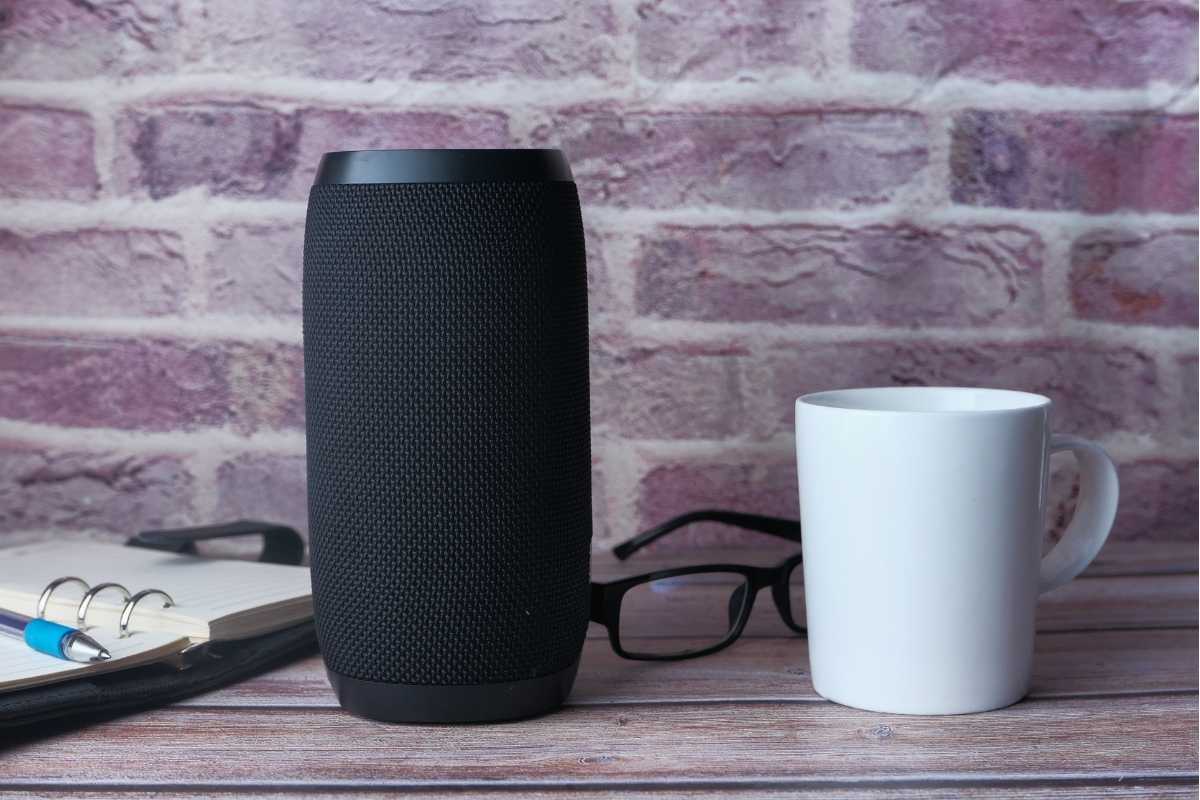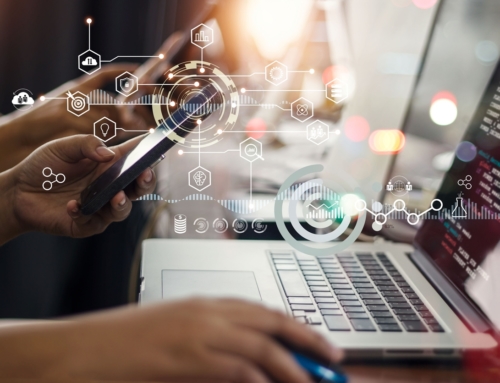Artificial intelligence is advancing rapidly across industries. Artificial intelligence allows for machines to portray human-like behaviors. Machines with artificial intelligence can exhibit human traits like reasoning and problem-solving.
Artificial intelligence is more than just lines of code or virtual personal assistants like Siri and Alexa, it’s changing our lives for the better. Artificial intelligence plays an active role in our everyday lives, and it is revolutionizing the way we live it.
What is Artificial Intelligence?
Artificial intelligence has been infiltrating our lives quickly. Of course, this raises anxiety that robots are soon to take over. That fear is not a myth. According to the Pew Research Center, about 75% of Americans express worry or concern about a future where machines take over most of the jobs currently done by humans. However, this fear lies in a lack of exposure to data science and digital technology.
So, what is artificial intelligence? Artificial Intelligence, or AI, is a machine’s ability to display human-like capabilities such as reasoning, learning, planning, and creativity. AI is challenging to understand. To break it down, it is the large computing cloud that encompasses machine learning and deep learning.
We all know the common uses of AI in our daily lives, such as virtual personal assistants like Siri and Alexa, to mobile check deposits, and of course, Snapchat, Facebook, and Instagram. AI is advancing rapidly throughout the tech industry. Here are a few unconventional ways that AI is being used today.
The Future of Fashion
As of 2020, the global retail and fashion industry has been estimated at $1.5 trillion U.S. dollars and it is projected to grow to about $2.25 million by 2025. Artificial Intelligence has played a prominent role in the continuous growth of an already well-established industry.
One way that AI has transformed the fashion industry is by personalizing a shopper’s online experience.
A 2019 study by Deloitte analyzed changes in the retail industry. The study found that hyper-personalization through AI was a growing trend:
“By mining internal and external data about customers, merchants can gain insights about the preferences of similar individuals, allowing them to create offers, incentives, and a shopping experience that appeal to a specific set of people.”
Personalized customer experiences are vital to selling new products because these additional features can increase customer loyalty.
The Internet and social media eliminated previous barriers to entry such as brick-and-mortar stores and traditional marketing. Personalization through AI allows fashion and apparel brands to stand out against a growing mass of competitors.
AI has also enhanced the design and manufacturing process by predicting consumer trends and preferences. According to an article by Forbes, AI-based predictions reduced forecasting errors by nearly 50%.
AI technology can also help manufacturers detect fabric defects to ensure that all the products are of uniform quality just how the retailer wants.
Transforming Healthcare with AI
With all the uncertainty of COVID-19, AI has helped transform healthcare to telemedicine in a short period. It was easy to be said and done, but the changes, progress, and fixes that have occurred since the beginning of this pandemic are drastic.
Diving deeper into the use of AI in medicine is the ability for more targeted diagnosis and treatments. AI allows medical professionals to make decisions through rule-based expert systems.
A rule-based system uses knowledge about a specific topic to make deductions on what will occur. A doctor can use rule-based systems to come up with a diagnosis based on recorded symptoms.
AI can also provide structure to patient data, which is often unstructured and stored as free text. Through a process known as natural language processing, patient data is reorganized and medical professionals can look over previous patient conditions or notes that may have been missed.
Revolutionizing Travel
Uber and Lyft were huge game-changers to short trips and everyday commutes, but AI has done even more for the travel and transportation industries.
AI has been fully integrated into the hospitality and travel industry to aid travelers with planning and research. Virtual assistants like Hijiffy and Rose answer frequently asked questions by guests and help prevent hotel double bookings by tracking and reporting information.
The transportation industry has also adapted AI to create self-driving vehicles.
Google invented Waymo, a self-driving car, in 2009. Now, the technology company has expanded the Waymo Driver’s versatility so that it can be applied to many different vehicles — from minivans to Class 8 trucks.
Self-driving cars can serve riders who don’t have the ability or financial possibility of owning or driving a car. It can also increase efficiency so that commercial goods can get to a designated location quicker.
Autonomous vehicles are designed to see the world just like any driver would. According to a 2020 Waymo Report, the Waymo Driver vehicle will scan objects and read traffic controls constantly to understand its environment. Then, the software will make predictions on future movements and decide what to do.
How is Artificial Intelligence Used Today?
Due to its wide range of applicability, artificial intelligence serves as a valuable tool for many industries. It can create personalized retail experiences, support medical professionals in the decision-making process, and transform transportation efficiency.
With a more keen understanding of how artificial intelligence works and how it is used across different professions, it is easy to see that AI isn’t something to be feared. Instead, AI is a powerful tool that can help resolve problems and redesign technology for the better.
Power your career in data science or software development with a technology training program developed by WOZ.

Sophia Acevedo
Sophia Acevedo is a journalist based in Southern California. She is a 2020 graduate from California State University, Fullerton, and a proud Daily Titan alum.

Abigail Lindsey
Abigail Lindsey is a biochemical research technician who is currently working at the Cleveland Clinic Center for Therapeutics Discovery while pursuing a Master of Science (MS) in Biochemistry at Case Western Reserve University. She also has experience in the digital marketing and sales industry, as a photographer and graphic designer, sales representative, recruitment specialist, social media coordinator, and content writer.




